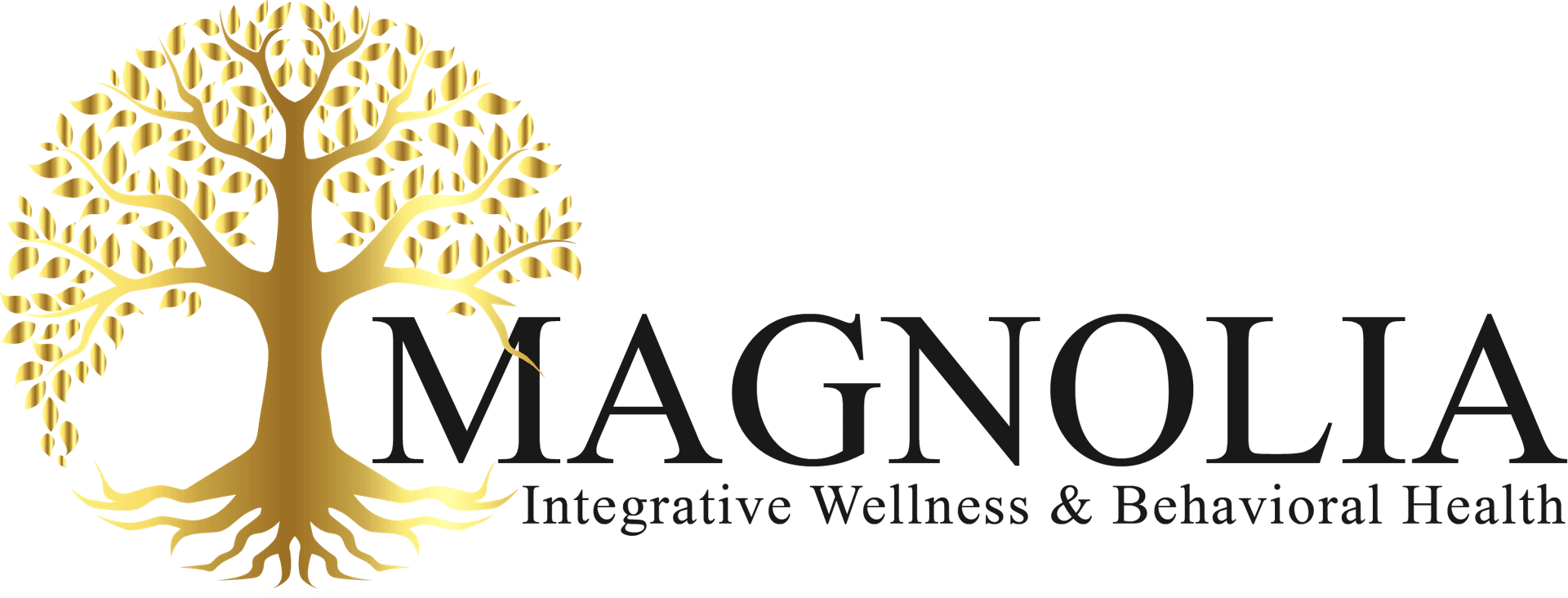
Definition and Overview:
Postpartum depression is a complex mix of physical, emotional, and behavioral changes that happen in some women after giving birth. It is a serious mood disorder that should be treated promptly.
Differentiation from “Baby Blues”:
It’s vital to distinguish between the “baby blues,” which affect up to 80% of mothers and typically resolve within two weeks, and PPD, which is more severe and enduring.
Symptoms of Postpartum Depression
Common symptoms include, but are not limited to:
- Persistent sadness, hopelessness, and emptiness.
- Severe mood swings and irritability.
- Difficulty bonding with the baby.
- Changes in appetite and sleep patterns.
- Loss of interest in activities previously enjoyed.
- Feelings of worthlessness, shame, guilt, or inadequacy.
- Thoughts of harming oneself or the baby.
Causes and Risk Factors
A combination of physical, emotional, and lifestyle factors can contribute to PPD, including:
- Hormonal changes after childbirth.
- Emotional stressors, such as lack of support, relationship problems, or financial strain.
- A history of depression or mental health disorders.
- Complications in pregnancy or childbirth.
- A difficult or traumatic birth experience.
Conclusion and Resources
Recognizing the symptoms of postpartum depression (PPD) early is critical for protecting both the mother’s well-being and the healthy development of the child. Unlike the short-lived “baby blues,” PPD is a serious condition that requires timely attention and support. Seeking help at the first signs can make recovery faster and more effective.
Women experiencing symptoms should know they are not alone—counseling services, support groups, and healthcare providers specializing in maternal mental health are available to provide guidance and treatment. Primary care physicians, obstetricians, and mental health professionals can connect mothers to resources tailored to their needs, while community and online support groups can offer encouragement from others who have gone through similar experiences.
Partners, family members, and friends also play a vital role. By being attentive, patient, and understanding, they can help reduce feelings of isolation and provide the encouragement needed to seek and maintain treatment. With the right care and a strong support system, mothers experiencing PPD can heal, regain balance, and embrace the joys of motherhood.





